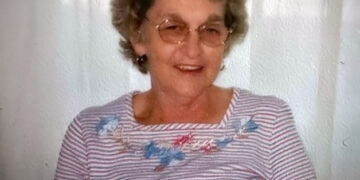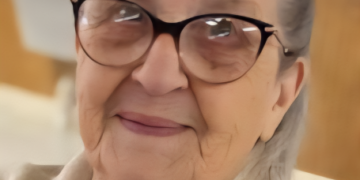One local grandma reached her breaking point and called 911 after her parolee grandson allegedly started crossing the line — again and again.
The call came in just after 5:20 p.m. The grandmother told police she had welcomed her grandson into her home after he got out of prison on a felonious assault conviction — but now, she said, he was disrespecting her and helping himself to things that didn’t belong to him.
She was done.
Officers responded and spoke to both parties. While they noted that the grandson’s behavior was clearly upsetting his grandmother, they said nothing illegal had occurred — yet. Police advised the man to leave for a while and give his grandma space to cool off.
They also encouraged the grandmother to seek a protection order and begin formal eviction proceedings if she no longer felt safe or comfortable.
Parolees Must Have a Place to Stay — But What Happens When That Place Says “No More”?
One condition of parole in Ohio is that individuals must have a verified address before they’re released. That’s why family — especially grandparents — often step in. But what happens when the living arrangement starts to crack?
Here’s what to consider if you’re housing a loved one coming home from prison:
🏠 Set boundaries early. Be clear about house rules, chores, and behavior.
📜 Put it in writing. A simple agreement or lease can give you a legal basis for action if things go sideways.
🔒 Don’t ignore warning signs. If you feel unsafe or disrespected, act early.
📞 Know your resources. Local reentry programs can help find alternative housing and support.
⚖️ Call for help. If needed, police can offer advice, and you can start eviction or protection order processes.
While many families want to give loved ones a second chance, it’s important to know that you’re not obligated to put your safety at risk — and help is available for both ex-offenders and the people trying to support them.























































































